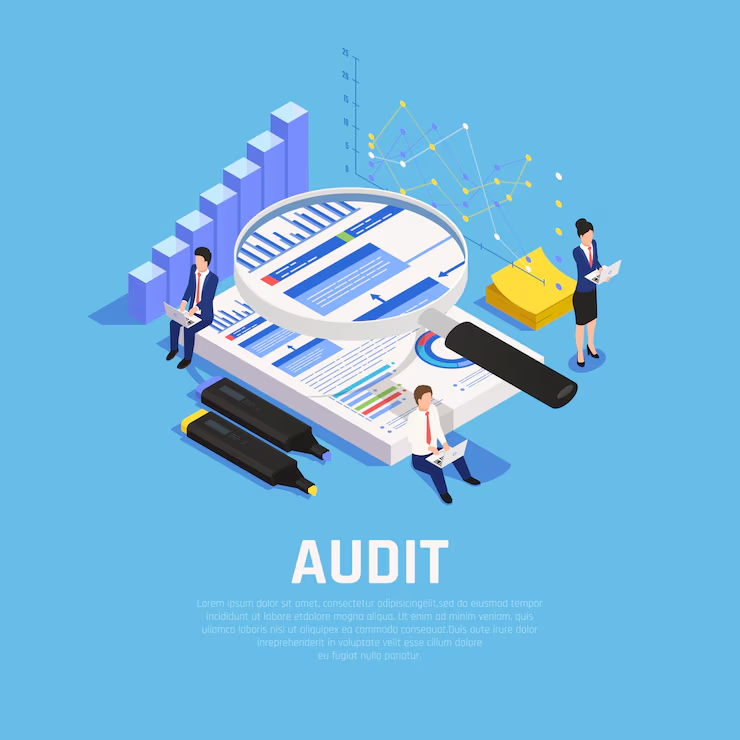The Role of Internal Audit in ERP Implementation
ERP cloud software plays a critical role in streamlining operations and enhancing decision-making in today’s business environment. However, implementing an ERP system can be a complex and risky process. That’s where the internal audit comes in. An internal audit helps ensure an ERP system is set up correctly, meets business requirements, and operates effectively. In this article, we’ll explore the essential role of internal audit in successfully implementing ERP cloud software.
Pre-Implementation Phase: Risk and Control Assessment
Before implementing an ERP system, internal auditors assess risks that could impact the project. The internal audit team identifies potential financial, operational, and compliance risks. They examine the organisation’s existing control environment to ensure it can handle the changes that come with an ERP implementation. This proactive approach helps avoid disruptions during the deployment process.
During Implementation: Monitoring and Validation
Once the ERP cloud software is in the implementation phase, the role of the internal audit team is critical. Auditors work closely with the IT and project teams to ensure the system is configured correctly. They monitor the customization of the ERP software to ensure it aligns with the organization’s needs and policies. Furthermore, auditors validate the system, confirming that it meets the outlined requirements and functions properly. During this stage, internal audit also evaluates the data migration process. Data integrity is crucial as the ERP system will rely on accurate data to provide business insights. This validation guarantees the data is transferred correctly and supports the new system’s functionality.
Post-Implementation: Ensuring Performance and Compliance
After the ERP system goes live, the internal audit plays an important role. They monitor the performance of the ERP cloud software to detect any issues that could affect its functionality. This ongoing evaluation ensures that the system runs smoothly and delivers the expected benefits. Furthermore, auditors review compliance with regulatory standards and internal policies. They check if the system adheres to financial reporting requirements and helps the organisation meet legal obligations. The internal audit function identifies opportunities for continuous improvement through regular assessments, ensuring the system evolves to meet future needs.
Conclusion
An internal audit is essential to the successful implementation of ERP cloud software. From assessing risks before deployment to validating system functionality during implementation and ensuring performance afterward, auditors help organisations avoid pitfalls. Their continuous involvement guarantees that the ERP system meets business goals and aligns with governance and compliance standards. By supporting a smooth ERP implementation process, internal audit enables organizations to maximize the value of their technology investments.

